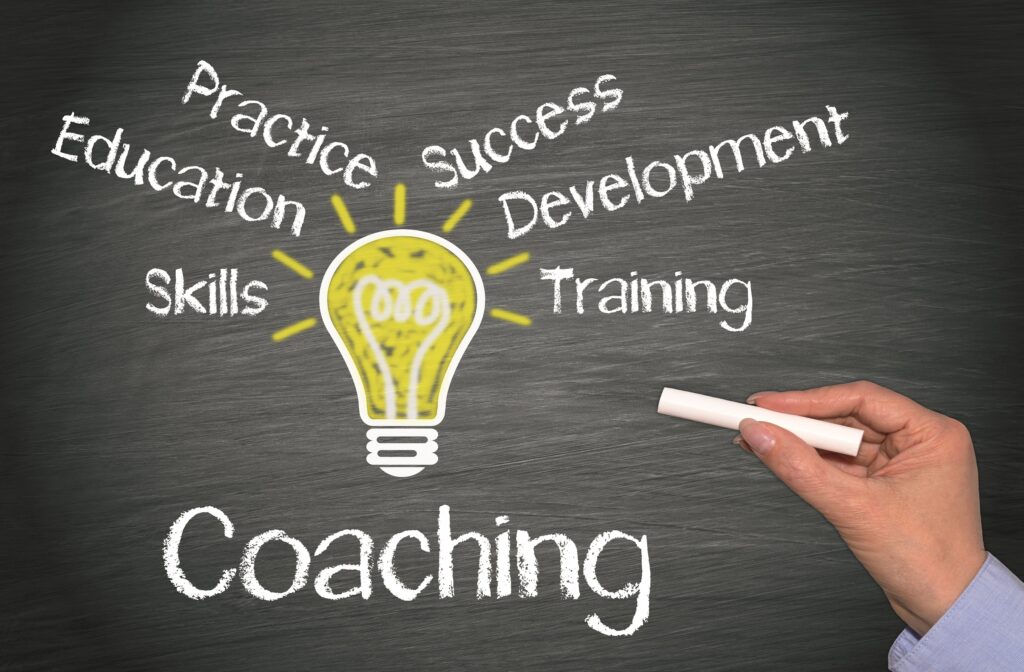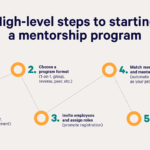Ever felt like you wanted to help people, truly help them find their way, but didn’t quite know how to do it in a structured, impactful way? That was me, not so long ago. I’ve always been the friend people come to for advice, the one who tries to lift spirits. But there’s a big difference between being a good listener and being a good coach. And that difference, I learned, is often found in a well-designed coaching course.
Let me tell you my story. Maybe you’ll see a bit of yourself in it.
Why I Even Looked at a Coaching Course
For years, I had this nagging feeling. I saw people around me – friends, family, even strangers – struggling with big decisions, career changes, or just feeling stuck. I’d offer my best advice, share my own experiences, and hope for the best. Sometimes it worked, sometimes it didn’t. What bothered me was the "sometimes it didn’t" part. I wanted to do more than just give opinions; I wanted to help people find their own answers, their own path, in a way that truly stuck.
I started reading books on personal development, psychology, and communication. They were helpful, but it felt like I was piecing together a puzzle without seeing the whole picture. That’s when the idea of a formal "coaching course" popped into my head. At first, it sounded a bit intimidating, maybe even a little "woo-woo." But the more I looked into it, the more I realized it was about practical skills, not magic. It was about learning how to guide someone, not tell them what to do.
Taking the Plunge: Choosing My Coaching Course
Deciding to sign up for a coaching course wasn’t a snap decision. It’s an investment, both in time and money. I spent weeks researching. I looked at different programs, comparing what they offered. Some focused on specific areas like business coaching, others on life coaching, and some offered a broader approach.
Here’s what I looked for, and what I’d recommend anyone considering a coaching certification to think about:
- Accreditation: Was the course recognized by a reputable coaching body? This felt important for credibility.
- Practical Experience: I didn’t just want to read about coaching; I wanted to do it. I looked for programs that included lots of practice sessions, role-playing, and real-world scenarios.
- Mentor/Supervisor Support: Would I get feedback from experienced coaches? This was crucial for learning and improving.
- Community: Would I be learning with other people who were also passionate about helping others? A supportive group can make a huge difference.
- Values Alignment: Did the course’s philosophy resonate with my own beliefs about helping people?
After much thought, I found an online coaching course that checked all these boxes. It offered a good mix of theory and practical application, and it felt like a place where I could truly grow.
What Actually Happens in a Coaching Course? (It’s Not Just Lectures!)
Stepping into my first virtual class for the coaching training was exciting and a little nerve-wracking. I imagined long lectures, but it was so much more interactive than that. It was an experience that changed how I communicate, how I listen, and even how I see myself.
Here are some of the key things we did:
- Learning to Really Listen: This sounds simple, right? We all think we’re good listeners. But in a coaching course, you learn to listen on a whole new level. It’s not just about hearing words; it’s about listening for feelings, for what’s not being said, for underlying beliefs. We practiced "active listening" until it became second nature, reflecting back what we heard to ensure understanding.
- Asking the Right Questions: This was a game-changer. Instead of asking "Why did you do that?" (which often makes people defensive), we learned to ask open-ended, curious questions like "What do you want to achieve?" or "What’s important to you about this?" or "What steps could you take?" These questions aren’t about getting a specific answer from the coach; they’re about helping the client explore their own thoughts and find their own solutions.
- Understanding Human Behavior (A Little Bit): We touched on basic psychology, not to diagnose, but to understand common patterns and how people motivate themselves. We learned about setting goals, overcoming obstacles, and identifying personal strengths. It helped me see that people aren’t broken; they just sometimes need a clear path and a supportive guide.
- Practice, Practice, Practice! This was the heart of the course. We spent hours coaching each other, being coached, and receiving feedback. It felt a bit awkward at first, like learning to ride a bike. But with each session, my confidence grew, and the skills started to click. These practice sessions were invaluable for truly learning how to become a coach.
It wasn’t just about learning techniques; it was also a journey of self-discovery. As I learned to coach others, I started applying the same principles to my own life. I became more aware of my own thoughts, my own goals, and my own limiting beliefs. It was a powerful experience.
The "Aha!" Moments: How It Changed Me
The biggest "aha!" moment for me was realizing that my job as a coach wasn’t to solve problems for people, but to help them solve their own problems. It’s about empowering them to find their own wisdom. When someone has an insight or makes a decision that comes from their own thinking, it’s far more powerful and lasting than any advice I could give.
This shift in perspective changed everything. I stopped feeling the pressure to have all the answers. Instead, I focused on creating a safe space for people to explore, to dream, and to plan. I learned that silence can be powerful, and that sometimes the most helpful thing you can do is simply listen without judgment.
Beyond the skills, the coaching course also boosted my confidence. I felt equipped, not just with tools, but with a deeper understanding of human potential. I felt ready to take on the challenge of truly making a difference.
What I Do Now: My Coaching Journey After the Course
After completing my coaching certification, I started slowly. I offered pro bono sessions to friends and acquaintances to gain more experience and refine my skills. The feedback was incredibly rewarding. People told me they felt heard, understood, and more clear about their next steps.
Now, I work with clients on a variety of goals – from navigating career changes and starting new ventures to improving relationships and achieving personal dreams. Every client is unique, and every session is different. It’s a privilege to witness their breakthroughs and to be a small part of their journey.
My professional coaching journey has been incredibly fulfilling. It’s not just a job; it’s a way of being. The skills I learned aren’t just for coaching clients; they’ve made me a better communicator in all areas of my life – a better friend, a better family member, and a better advocate for myself.
Is a Coaching Course Right for You?
If you’re reading this, maybe you’ve felt something similar to what I felt before I started my journey. Perhaps you have a strong desire to help others, a natural curiosity about people, or you’re looking for a new, meaningful career path.
Here are some signs a coaching course might be a good fit:
- You love listening to people and hearing their stories.
- You’re genuinely interested in helping others grow and reach their goals.
- You believe in people’s ability to find their own solutions.
- You’re open to learning new ways of communicating and asking questions.
- You’re looking for a career that offers flexibility and deep personal satisfaction.
- You want to enhance your leadership or communication skills in your current role.
Taking a coaching course was one of the best decisions I ever made. It didn’t just teach me how to coach; it taught me a lot about myself and the incredible potential that lies within all of us. If you’re feeling that pull, that curiosity, I encourage you to explore it. Do your research, talk to people who’ve done it, and trust your gut. Your own journey to becoming a coach might just be waiting to begin.



